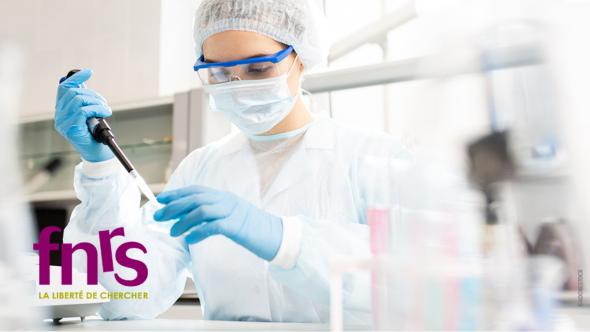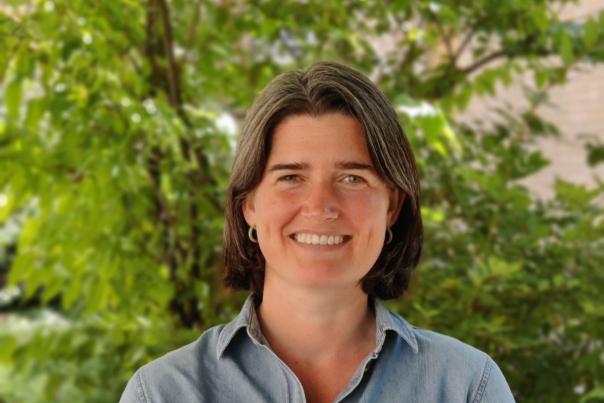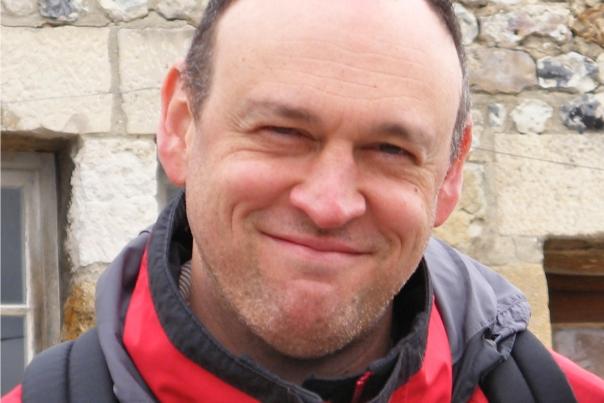The aim is to understand how these bacteria make this LPS and how they transport it to the bacterial surface. This is a fundamental research project. Certain stages in the manufacture and export of this LPS by the pathogenic bacteria remain unknown. The aim of this project is to understand these mechanisms. In the long term, an applied objective is to genetically reprogram non-pathogenic bacteria to manufacture an LPS from pathogenic bacteria, which will be of interest in the vaccine industry.
Since 2013, Xavier De Bolle has been supported continuously by Research Projects (PDR) funding from the FNRS until 2027, and by Actions de Recherche Concertée (ARC) funding from the Wallonia-Brussels Federation since 2017. This fundamental research has enabled us to train young PhD students and develop contacts at international conferences.
"I proposed this research project because at UNamur, but also at ULB and UCLouvain, we have been training bacteriologists for around ten years, we have a set of researchers, qualified people who can work on the subject of synthetic microbiology. Synthetic microbiology consists in genetically reprogramming a bacterium to produce a compound of interest to health (a vaccine component or drug precursor, for example). This is an application for which we have expertise, particularly in Wallonia. The idea is to get young researchers to take up the baton and develop applied research, patents and high value-added products. We need to arouse vocations, because we have a card to play here in Wallonia with highly qualified people trained for ten years or so in Belgium," insists Xavier De Bolle.
This funding will enable the hiring of two researchers and a laboratory technician. A PhD student starts at the end of August, and the other recruitments are underway.
The research projects of Alison Forrester and Xavier De Bolle began this June 1, 2024.



